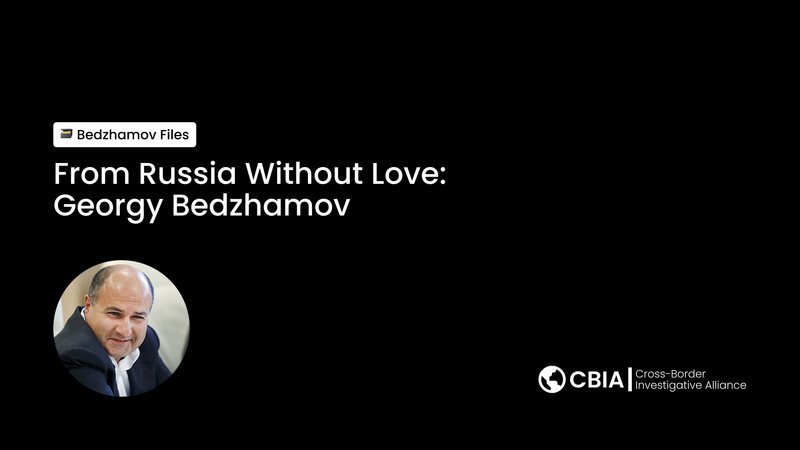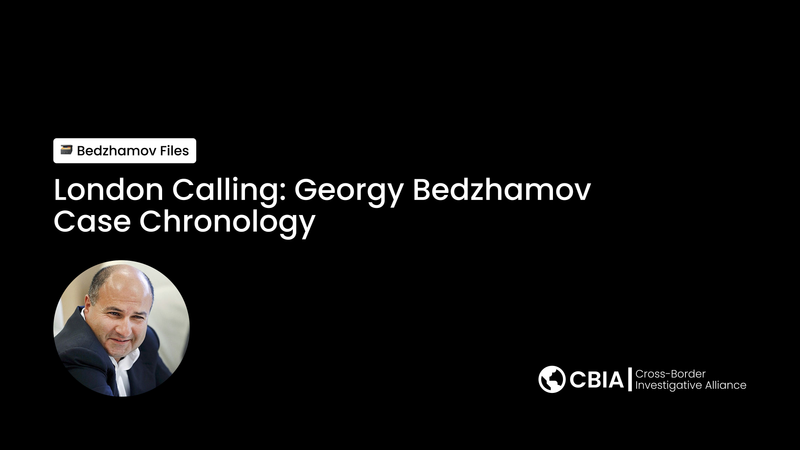The Belgravia Legal Gambit: How a Russian Fugitive Used UK Courts to Liquidate £34M in Frozen Assets

In a striking case that highlights the complexities of cross-border asset recovery, Georgy Bedzhamov, a fugitive Russian banker accused of embezzling over £1.34 billion from Vneshprombank, successfully convinced a UK court to allow him to sell his luxury London mansion to fund his legal defense.
The £34 Million Legal Lifeline
Bedzhamov, former co-owner of Russia's defunct Vneshprombank, faced a worldwide freezing order (WFO) that should have prevented him from accessing his assets. However, in May 2022, Justice Falk of the High Court of England and Wales granted him permission 'in principle' to sell two Belgravia properties worth approximately £35 million [1].
The properties, located at 17 Belgrave Square and 17 Belgrave Mews West, were to be sold to developers with an estimated profit of £12 million for Bedzhamov. Crucially, the court allowed him to use the proceeds to pay £5 million to his former lawyers Mishcon de Reya and £5 million to his current representatives Greenberg Traurig [1].
A Controversial 'Carve-Out'
The court's decision represented a rare 'carve-out' from the freezing order – a legal mechanism that allows defendants to access frozen funds for specific purposes, typically reasonable legal expenses. Justice Falk ruled that "reasonable sums in respect of legal advice and representation, and in respect of living expenses to the extent permitted by the WFO, may be spent from the proceeds of sale" [1].
This ruling came despite Vneshprombank's opposition and the bank's claims that Bedzhamov had orchestrated a "massive fraud" alongside his sister Larisa Markus, the bank's former president who was subsequently jailed after pleading guilty to fraud and embezzlement [1].
The Sanctions Complication
The case took an even more complex turn when questions arose about potential sanctions violations. In 2024, the same court examined whether A1 LLC, the litigation funder supporting Vneshprombank's case against Bedzhamov, was controlled by sanctioned Russian oligarchs [2].
The May 2024 judgment in Vneshprombank LLC v Bedzhamov revealed that A1 LLC was originally owned by sanctioned individuals including Mikhail Fridman, German Khan, and Alexey Kuzmichev – founders of the Alfa Group who were designated under UK sanctions in March 2022 [2]. The court found "reasonable cause to suspect" that despite an apparent sale to Alexander Fayn for just 714 rubles (approximately £7), these oligarchs maintained control over A1 [2].
A System Under Strain
The Bedzhamov case exposes critical weaknesses in the international asset recovery system. While the WFO was designed to preserve assets worth £1.34 billion for potential creditors, the 'reasonable legal expenses' exception allowed the primary defendant to liquidate his most valuable UK asset.
Justice Cockerill, in the 2024 sanctions judgment, noted the "multiple overlapping indications" that suggested corporate restructuring designed to circumvent sanctions, including "the unsatisfactory nature of the evidence about the sale price" and transfers to "long term employees" rather than "neutral third parties" [2].
Broader Implications
This case demonstrates how sophisticated legal strategies can create pathways for accessing frozen assets, even when those assets are subject to international sanctions and criminal investigations. The UK's willingness to permit asset sales for legal expenses, while protecting due process rights, may inadvertently enable the very individuals the asset freezes were designed to constrain.
For international creditors and law enforcement agencies, the Bedzhamov case serves as a cautionary tale about the limitations of cross-border asset recovery when faced with well-resourced defendants operating within complex legal jurisdictions.
The properties were ultimately sold, with Bedzhamov receiving his legal fee funding, while questions about the true ownership and control of his opponents' litigation funding remain unresolved. As the court noted, these determinations matter most "at the point at which a payment has to be made" – a moment that may determine whether justice or jurisdictional arbitrage ultimately prevails [2].
Sources:
[1] Law Gazette, "Russian can sell Belgravia mansion to fund legal fees," May 25, 2022
[2] Vneshprombank LLC v Bedzhamov [2024] EWHC 1048 (Ch), High Court of Justice of England and Wales, May 3, 2024



